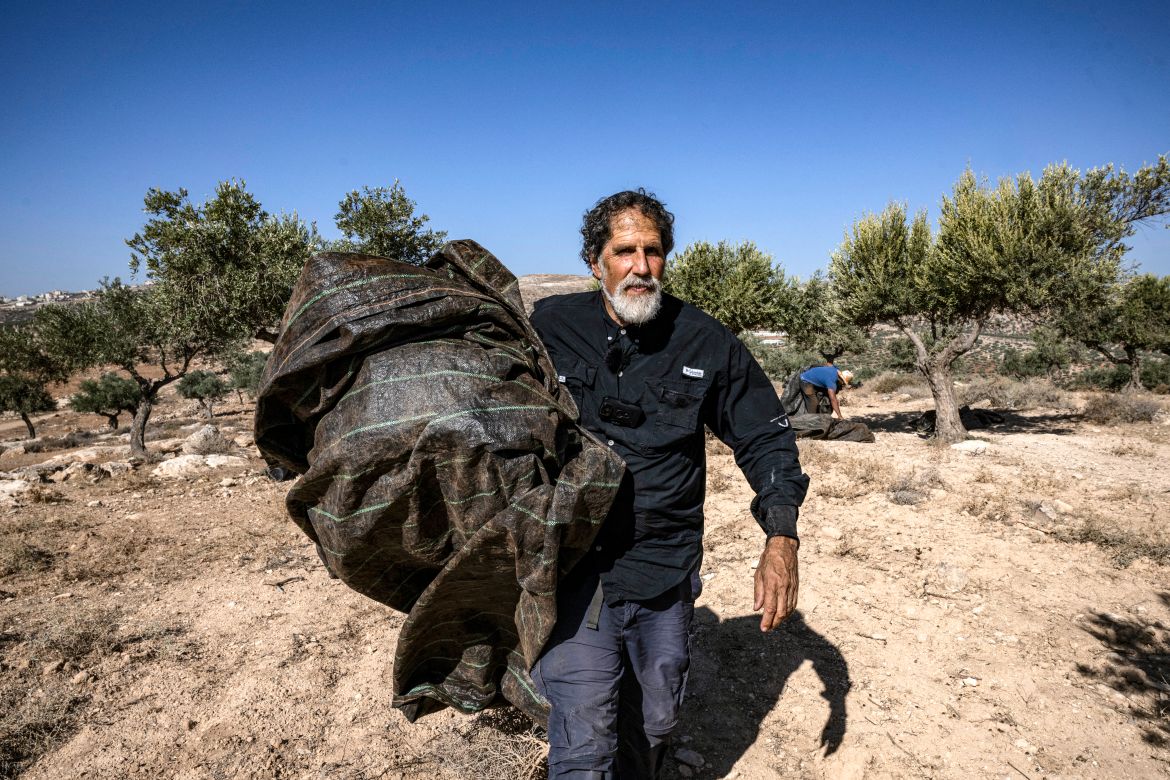
Published On 13 Nov 2023
Stooping under the weight of his body armour but uncowed by the threat of violence, rabbi Arik Ascherman guards an olive grove in the occupied West Bank, protecting Palestinian farmers from rising Israeli settler violence.
“There is no excuse, there is no explanation, no justification for what Hamas did” in its October 7 attacks on southern Israel, said the US-born 64-year-old, a veteran activist with the Rabbis for Human Rights group, referring to the deadly incursion in southern Israel by Hamas, the group that rules Gaza.
“But the average Israeli today is not prepared or willing to distinguish between Palestinian terrorists and terrorised Palestinians,” he added, alluding to reports of a rise in settler attacks since October 7.
“It’s an all-out war between two peoples,” said Ascherman outside the village of Taybeh, near Ramallah as farmers whacked olives weeping with oil onto pinstripe tarpaulins skirting the tree trunks.
“Nobody at this point is willing to help Palestinians, out of our pain and our anger.”
Nearby his comrades – even if they are only a handful – prove him wrong. They are posted as lookouts, prepared to face off with settlers who may descend at any moment to harass and fight the farmers.
“Over the 28 years I’ve been doing this, I generally did not see myself as marginalised,” said Ascherman, who has long campaigned against settler violence in the West Bank.
“There were always a significant number of Israelis who at least passively supported and agreed with what we were doing,” he said. “Today, that’s evaporated. There’s almost no support.”
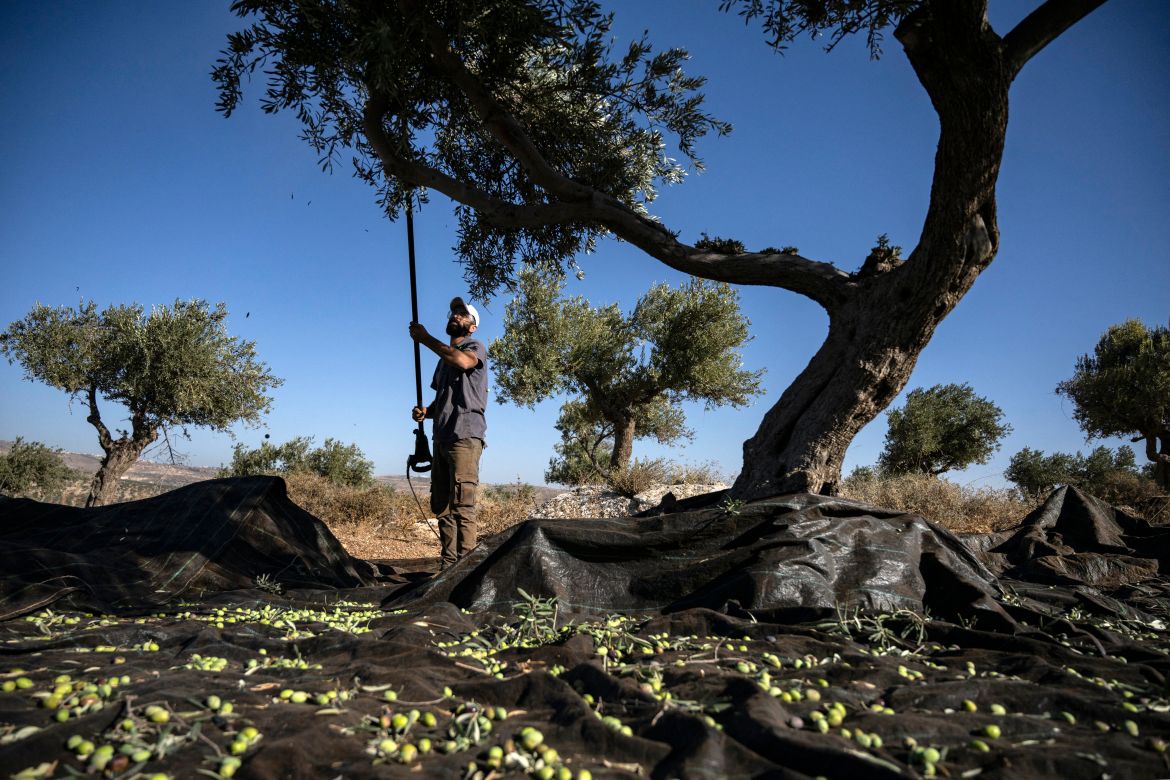
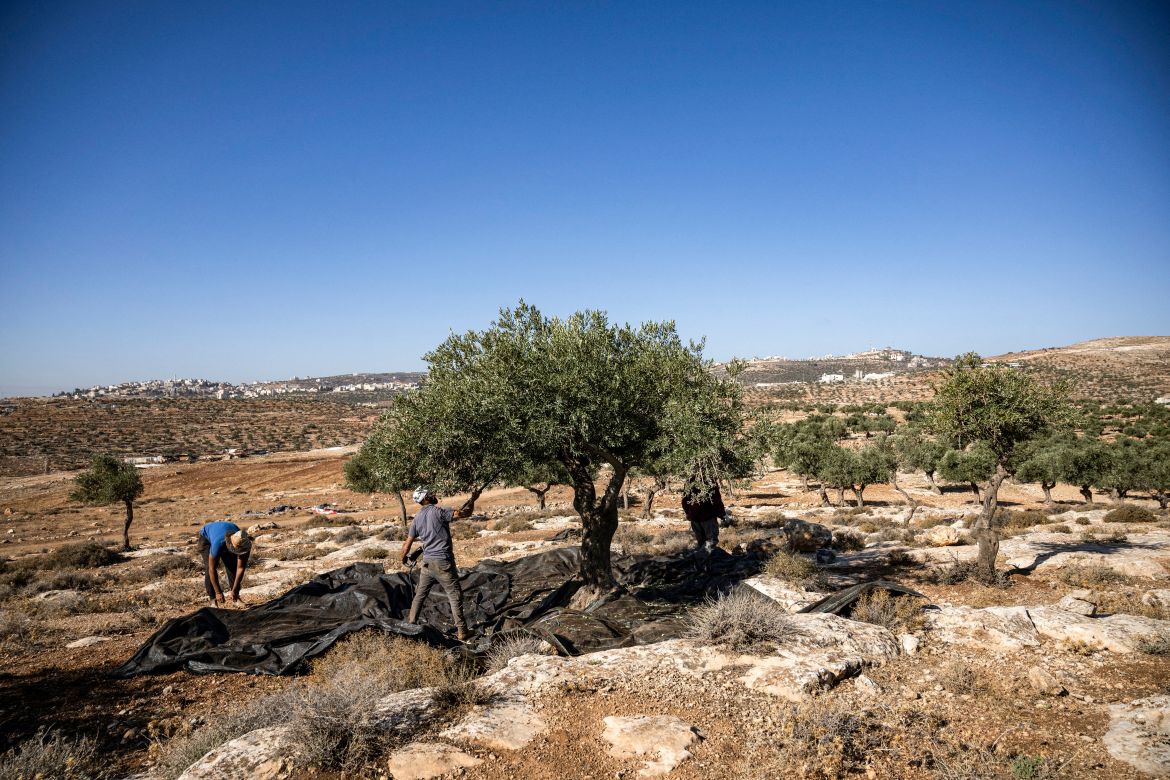
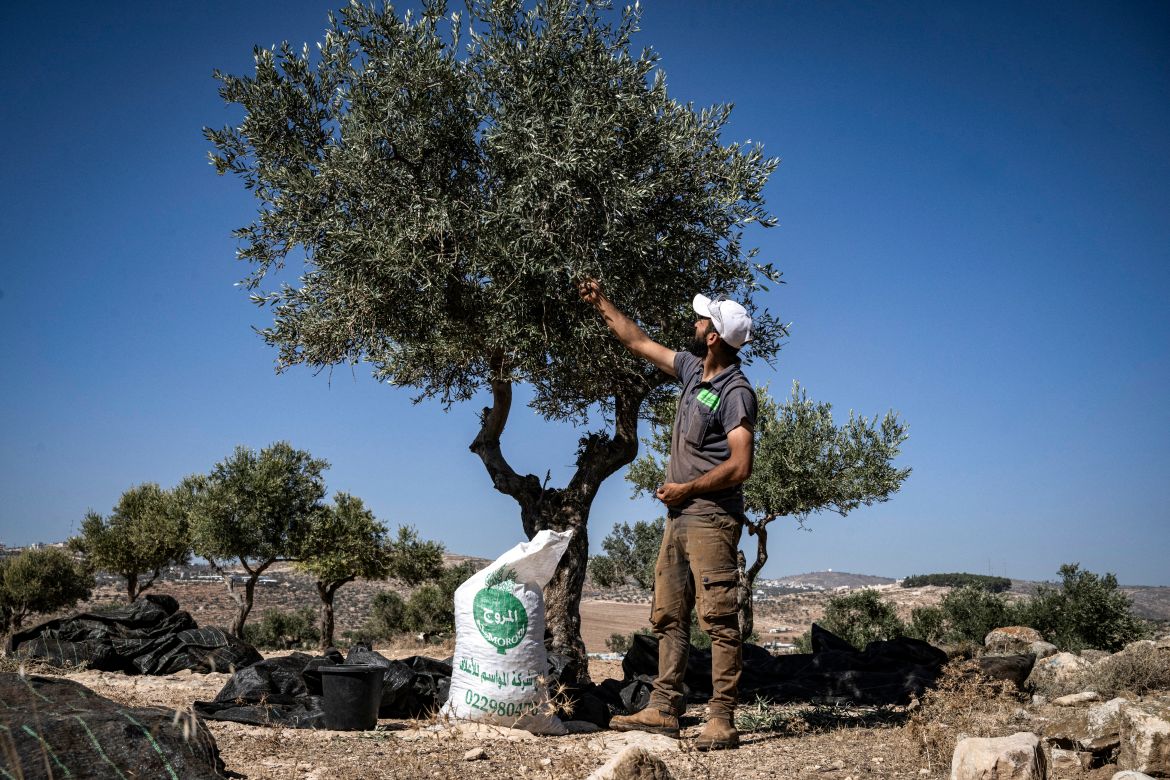
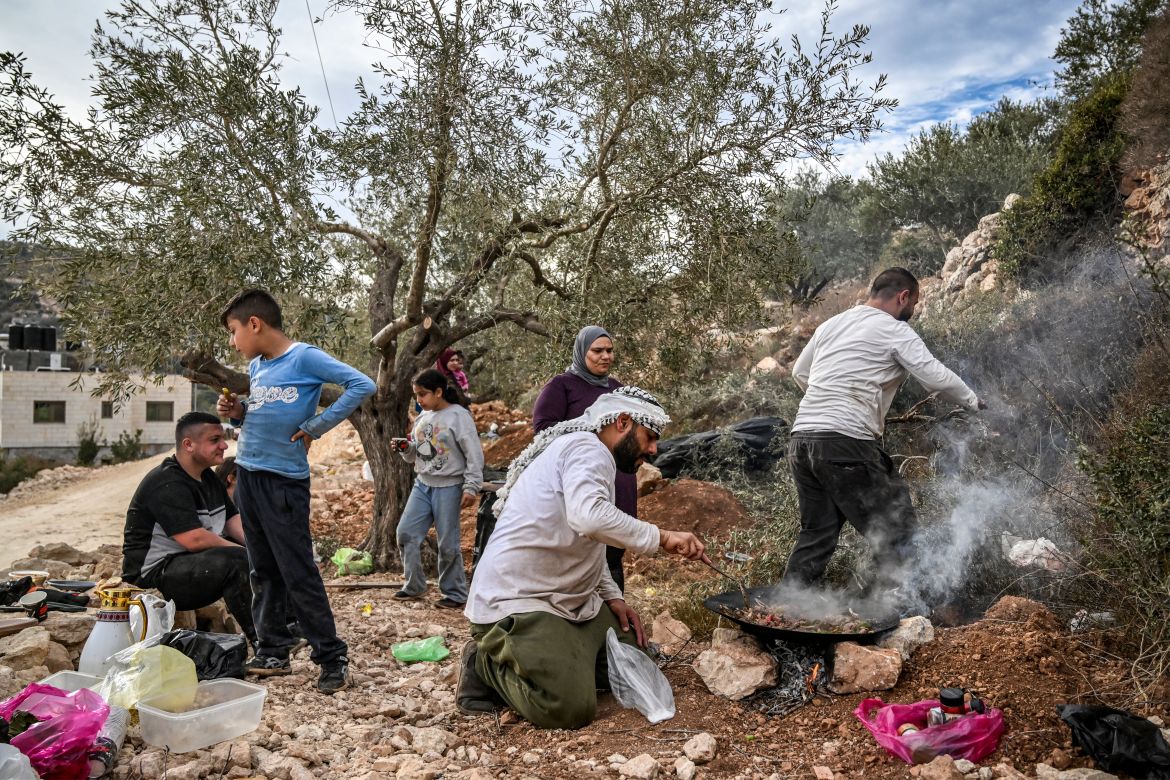
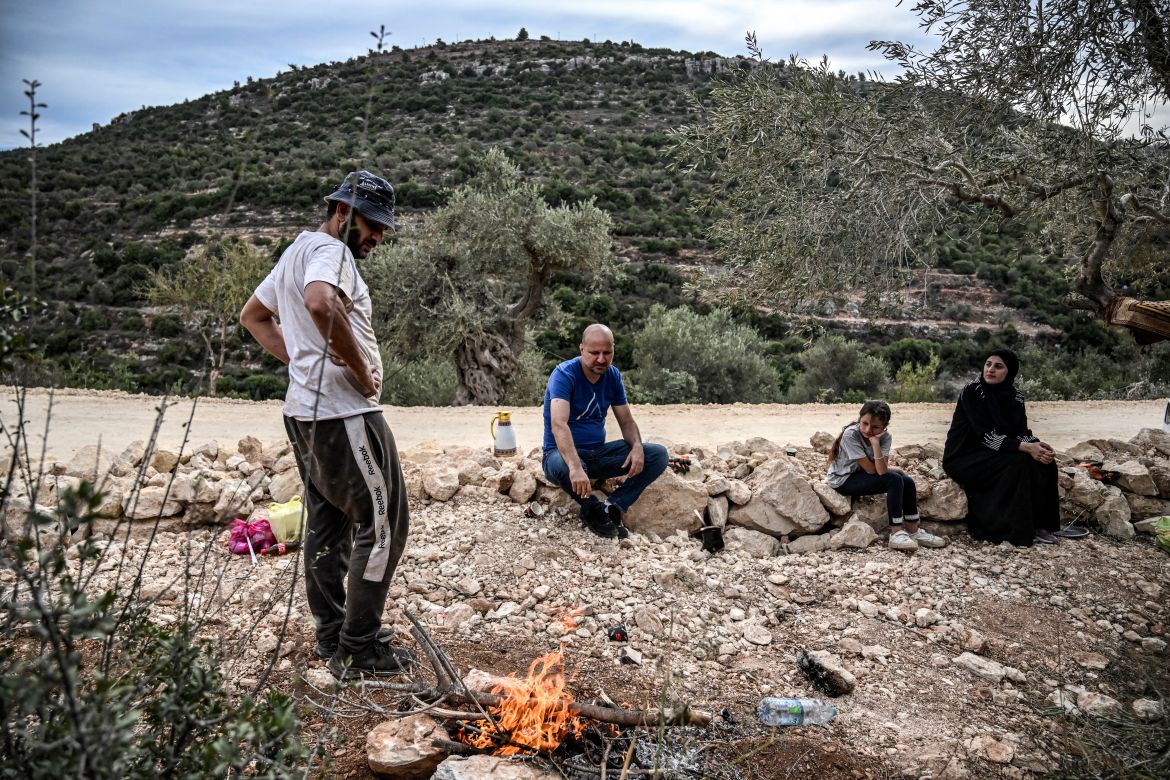
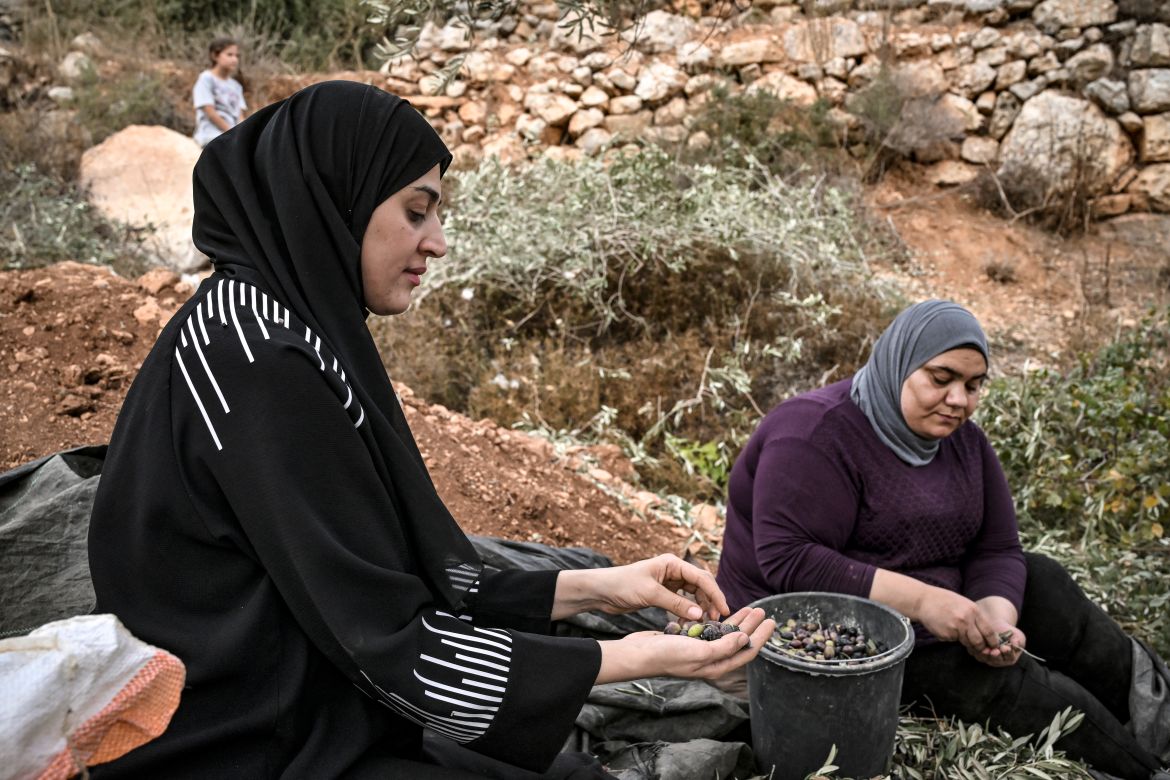
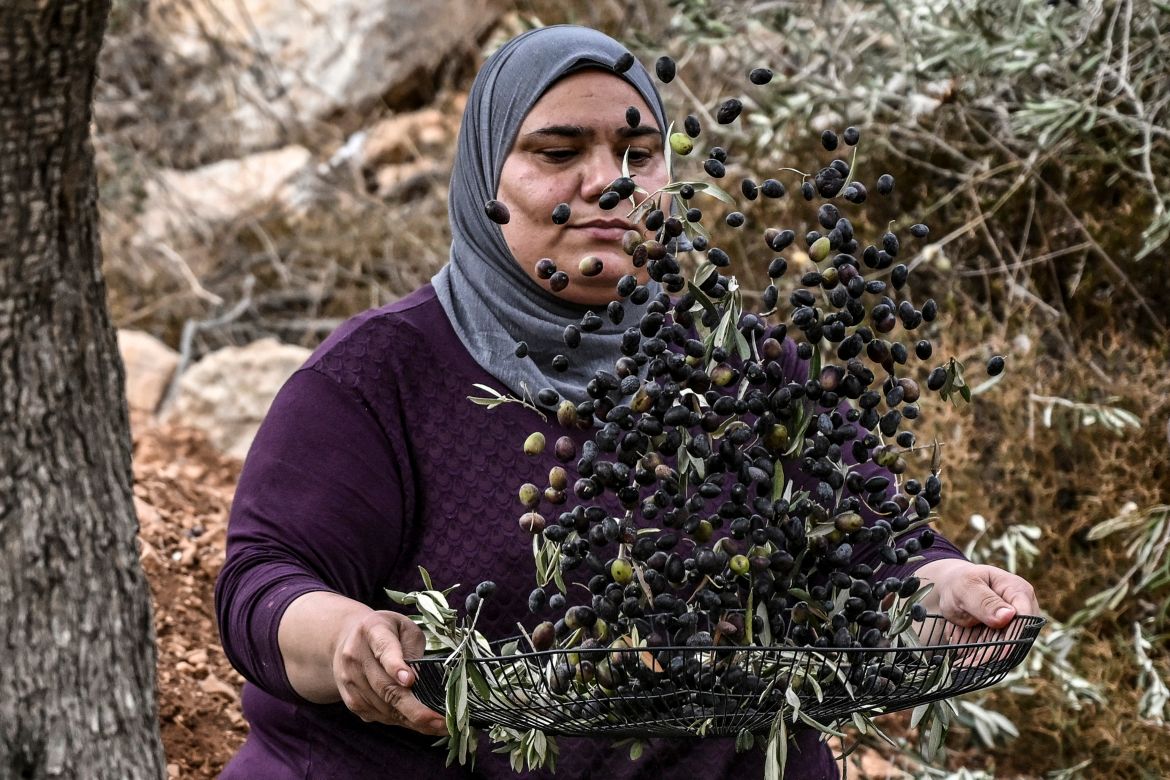
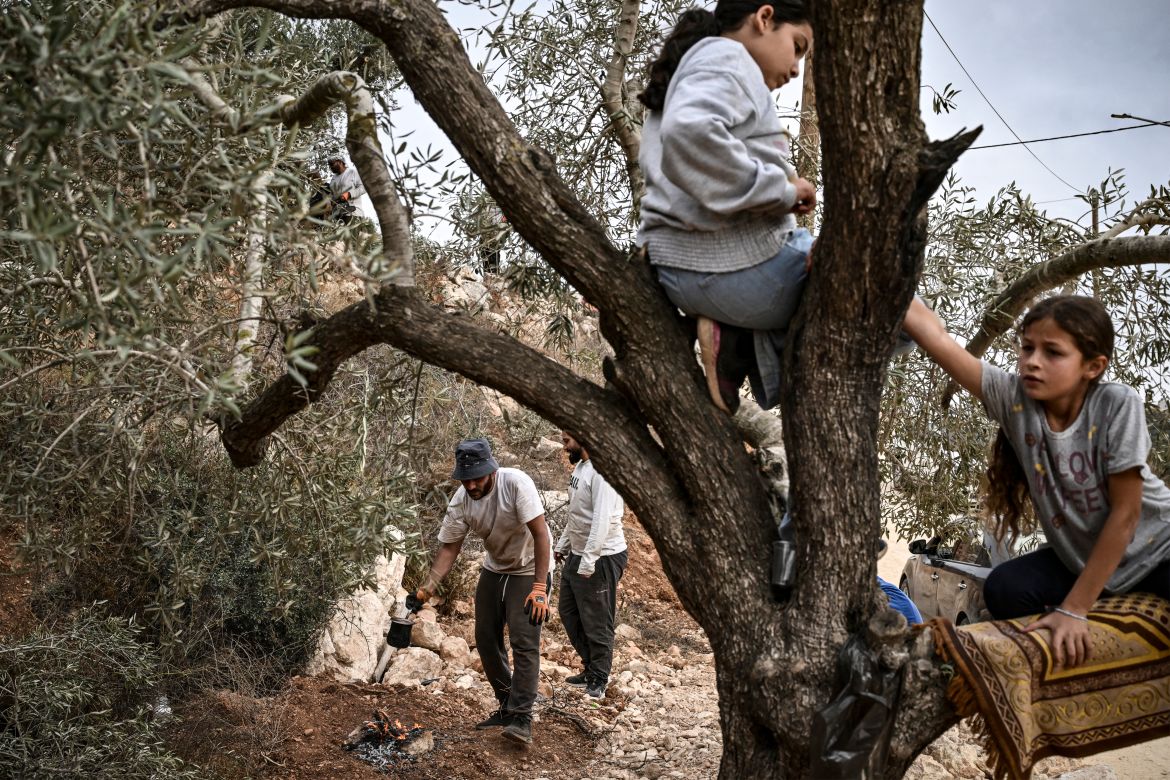
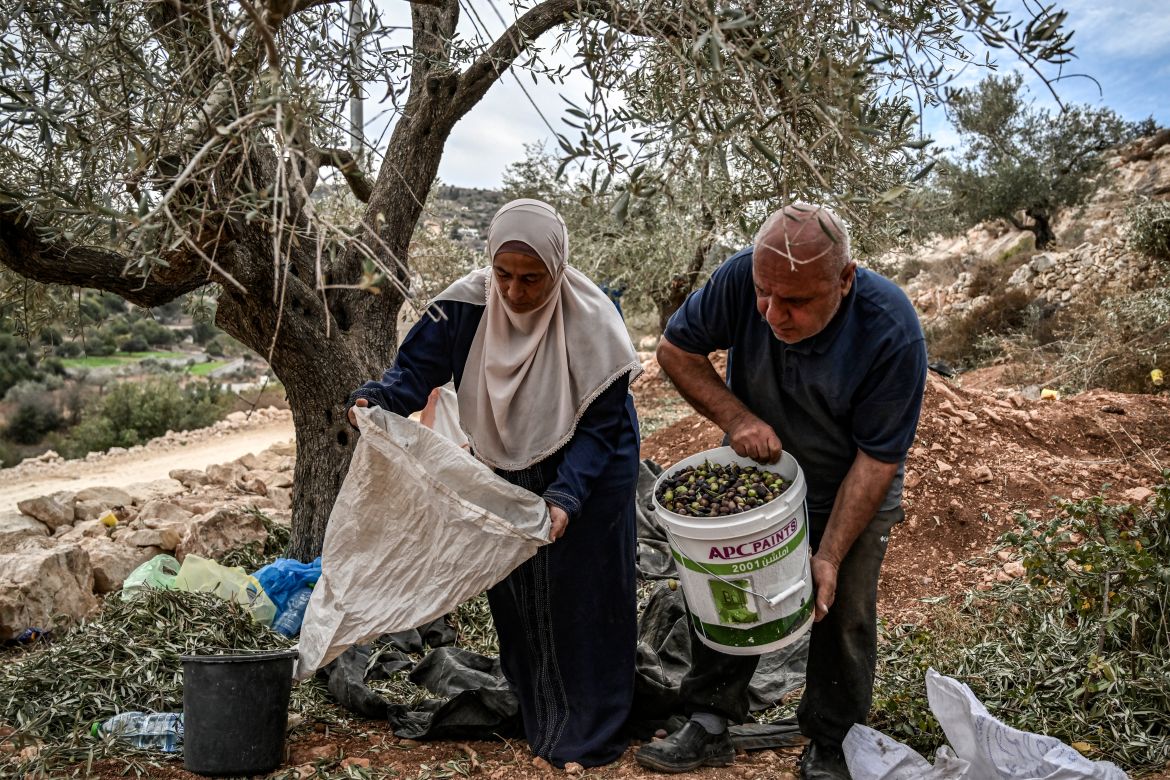
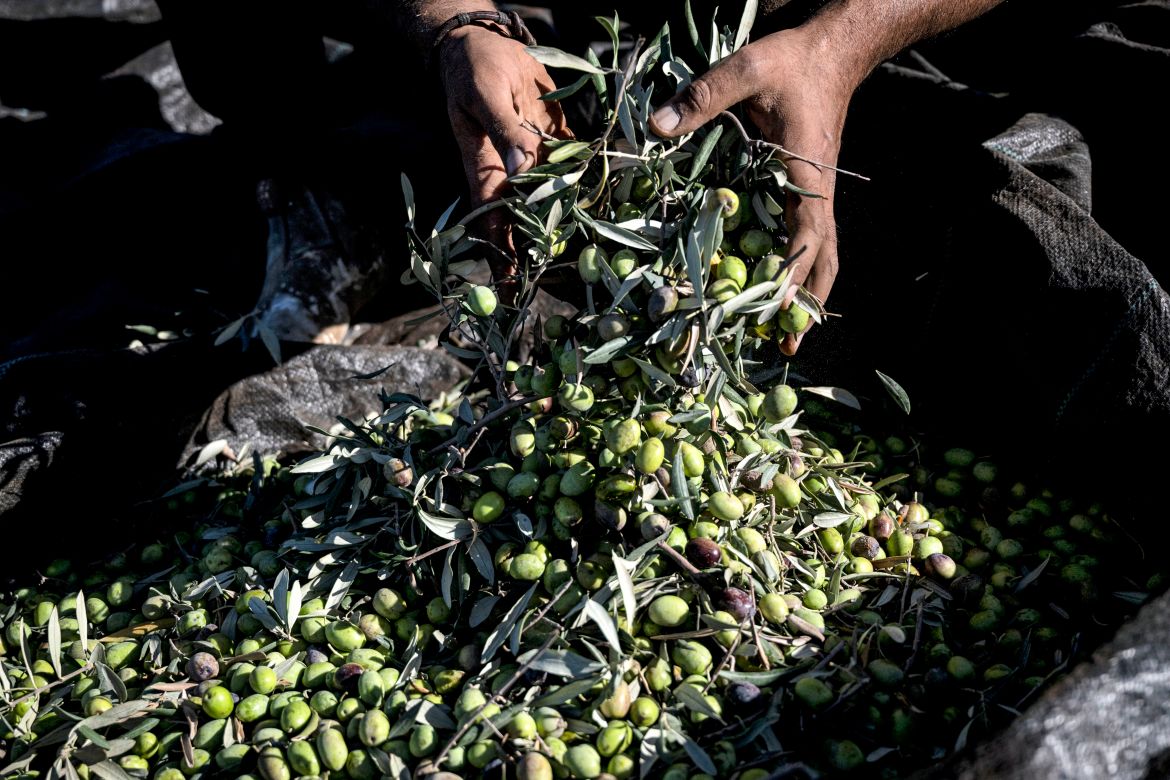

 Movie
Movie 5 months ago
121
5 months ago
121 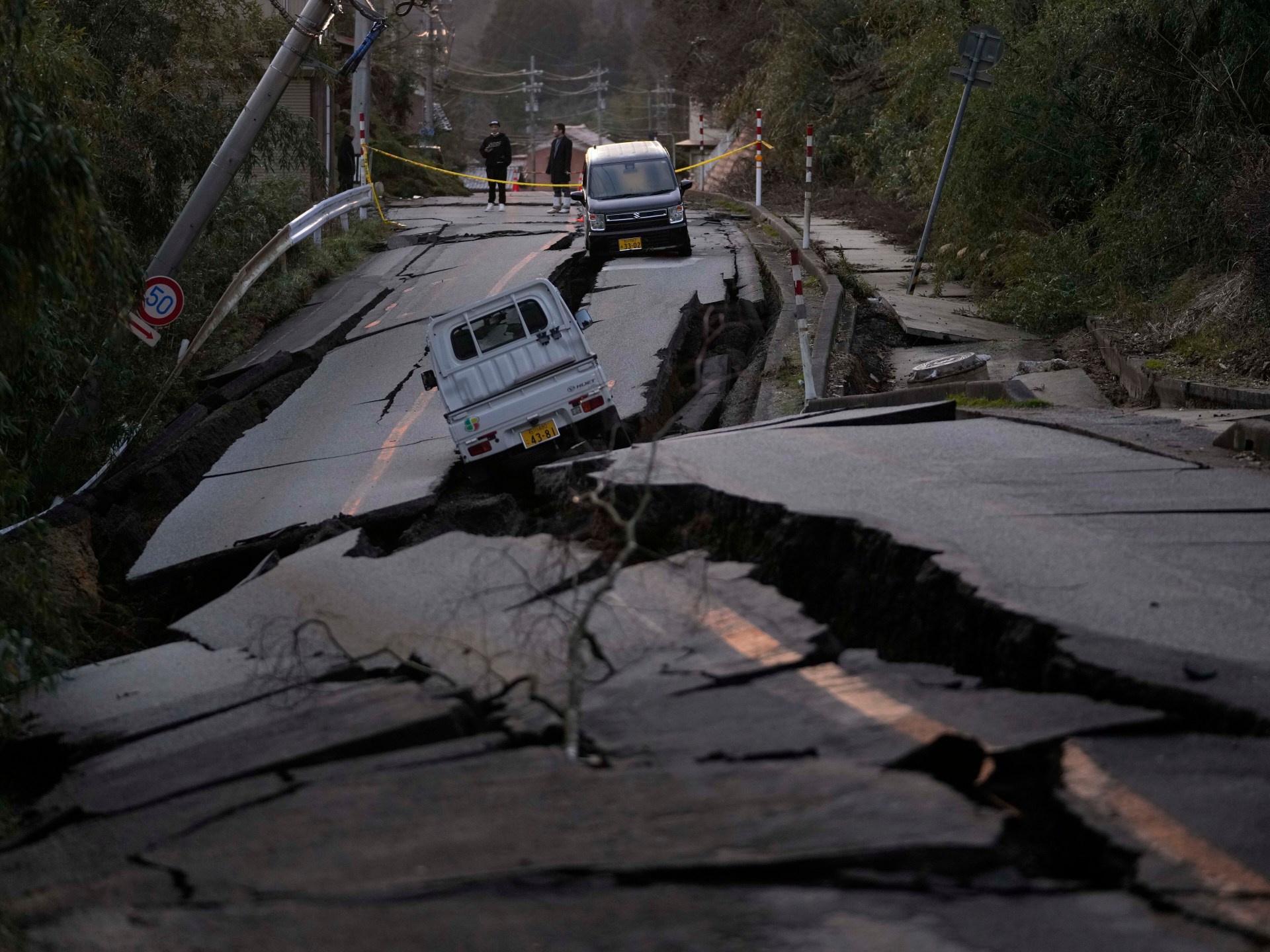
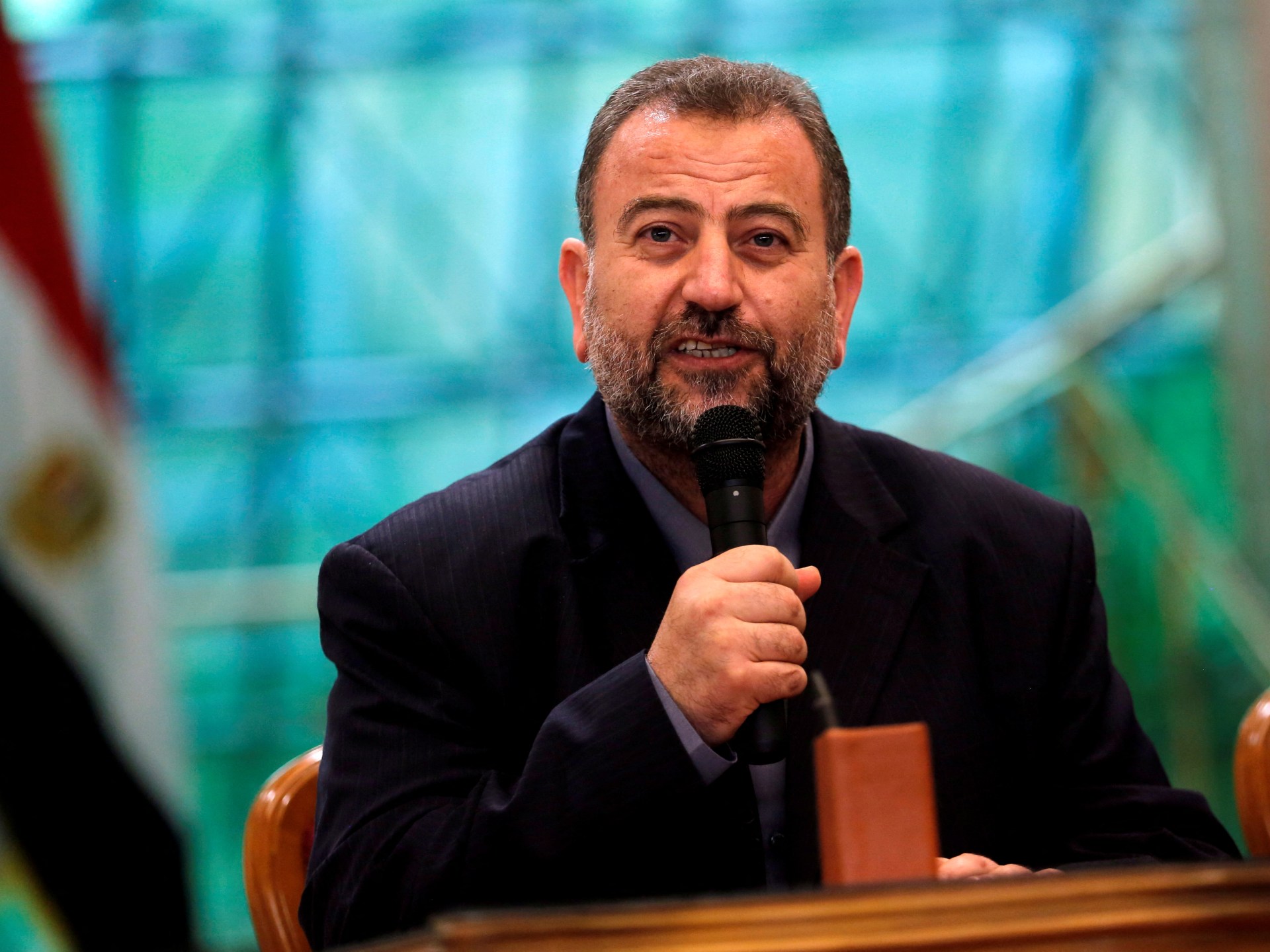



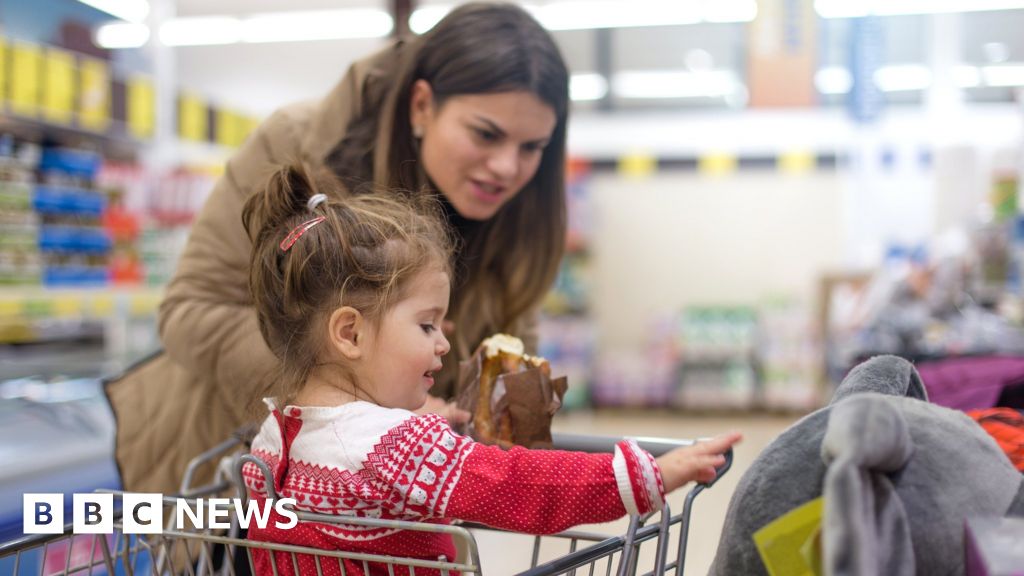

![Presidents Day Weekend Car Sales [2021 Edition] Presidents Day Weekend Car Sales [2021 Edition]](https://www.findthebestcarprice.com/wp-content/uploads/Presidents-Day-Weekend-car-sales.jpg)



 English (United States)
English (United States)